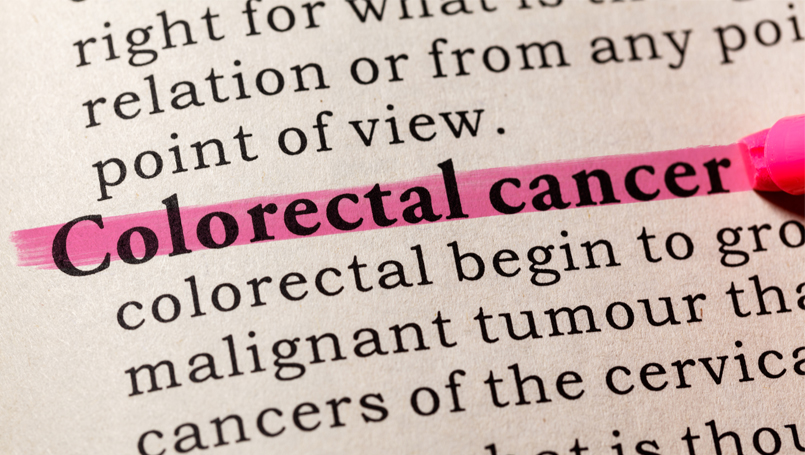
Colorectal cancer, which covers cancers occurring in both the colon and rectum, is the second leading cause of deaths in the United States among cancer types that affect both men and women. It was responsible for more than 52,000 deaths in 2019, according to the Centers for Disease Control and Prevention.
To find out more about it, including how to screen for it and lower your risk, we spoke with Richard Grucz, M.D., Beaumont family medicine.
What are the risk factors for colon cancer? Are they strictly age-related?
For average-risk individuals, age and family history are the most important risk factors. Others play a role, like gender, dietary habits (red meat consumption, alcohol use), smoking and lack of exercise, but these are much smaller in their effect.
Special categories that increase risk are a medical history of inflammatory bowel disease and a history of childhood abdominal radiation.
Is it equally common among men and women?
Men at any given age are twice as likely as women to develop advanced adenomas (benign tumors) and colorectal cancer.
Do we know why men are more susceptible than women?
We don’t have a good answer, just what is seen in the studies. It could be genetic, but it could also be lifestyle differences.
When do you start recommending that people get screenings?
For the average-risk patient, it’s the age 45 - or 10 years earlier than the youngest first-degree relative’s (mother, father, sister, brother, etc.) diagnosis of colorectal cancer. So for example, if my father had colon cancer diagnosed at 53, I would start at 43. Whatever comes earlier.
Learn More About Recent Recommendations to Lower Screening Age to 45
What are the different types of screenings, and how often do you recommend they be done?
First is the colonoscopy, which is done every 10 years unless findings prompt an earlier recheck. Beyond that, patients should get a sigmoidoscopy every five years, do a take-home fecal immunochemical testing (FIT) every year, and a Cologuard or multi-target stool-DNA test every three years.
There is also virtual CT colonoscopy, but most colleges of physicians do not recognize it as a good screening tool. But if done, it is repeated every five years.
Do lifestyle choices have any bearing on lowering risk?
Yes. Maintaining a healthy body weight, exercising regularly and eating less red meat. Diets high in fruits and vegetables help. Selenium, folic acid [a synthetic form of folate] and calcium supplements and even a daily aspirin have shown some ability to lower risk, but these should be weighed against the side effects of taking a supplement or daily aspirin. Discuss that with your doctor to see whether it’s appropriate.
Any other things people can do?
Like many diseases, our genetics may predispose us to things, but our genetics must play into the environment we create for ourselves. So, common good health practices like those described above, along with proper screening, will go along way toward either prevention or early detection. So if someone were unfortunate enough to be diagnosed with colorectal cancer, it would be more easily treated and curable.
